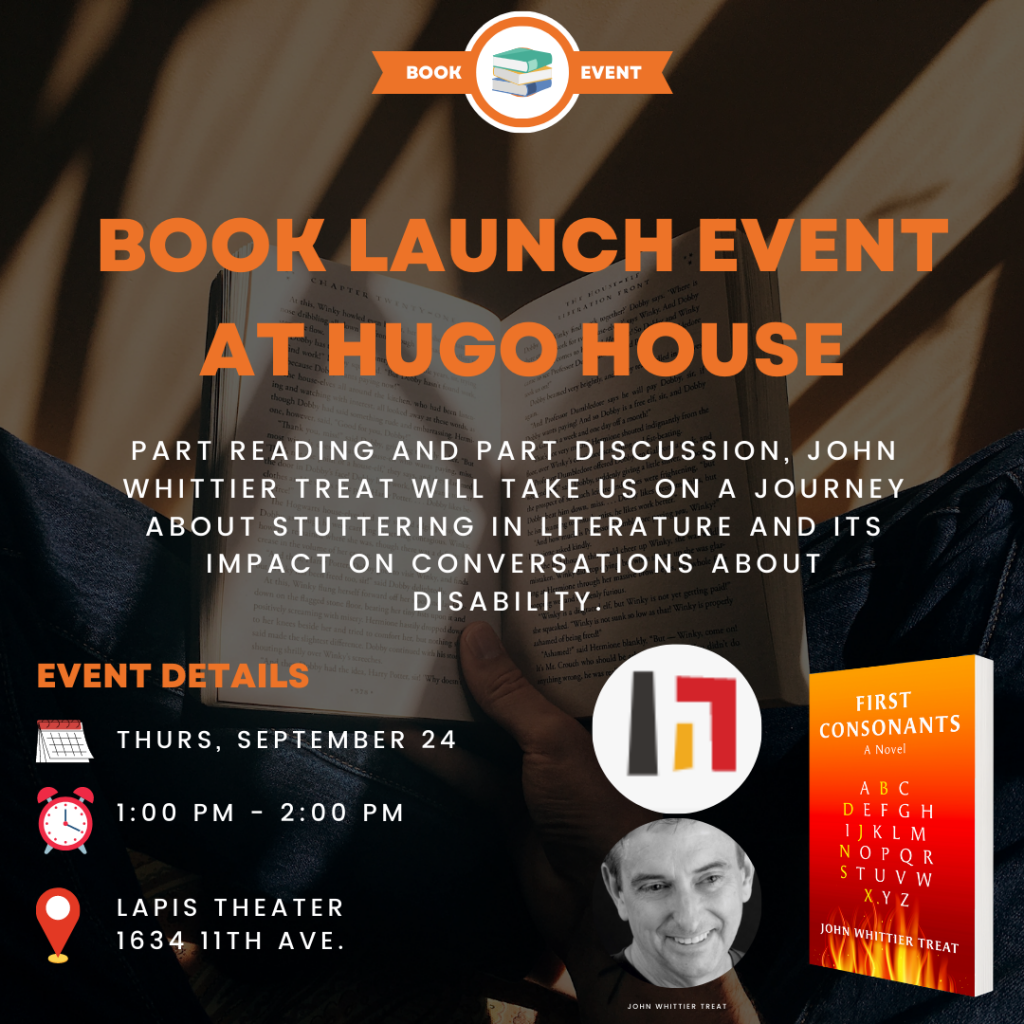About 15 years ago, I took a class with the well-known San Francisco editor Tom Jenks, who founded Narrative Magazine and worked with Raymond Carver. On the last day, each student had a 20-minute session with Tom in which to discuss his or her work.
I didn’t want to spend the time talking about my book. Instead, I asked: “I want to be a working writer. How do I do that?”
He threw me a quizzical look. I don’t remember what he answered (because there is no one answer, of course). But I’ve often thought back to that day.
It’s my before moment: before I figured out what my goals really were. Before I defined what success means to me. Before I had an agent, an editor, a contract, a clue. Before I knew what being a working writer even meant (to me).
Now that I’m living in the after moment, here’s my advice to you based to the 12 tenets that guide me professionally:
1. Define success for yourself
I used to think getting an agent symbolized success. Then I thought snagging a book deal meant success. Then it was appearing on National TV. Then it was making it onto a bestseller list. Then it was winning a literary prize… well, the list goes on and on. Bottom line, it’s easy to achieve “success” and yet never actually feel satisfied.
Don’t torture yourself in this way. Before you get too far along in the process, get yourself a glass of wine or a cocktail or a spinach smoothie, relax, and think hard about what your definition of success is. Write it down. Then, later, look at that list often. Allow yourself to be truly satisfied when you achieve the things on that list. Never stop striving for more, but fully enjoy and appreciate the success you have earned.
2. Don’t indulge in self-pity
No one owes me a living as a writer. No one said being a writer would be easy or fun. No one is holding a gun to my head.
When I’m feeling tormented, I remind myself that I am making a choice to do this kind of work. If it stops being satisfying, I can always call it quits; that doesn’t mean my life is over. This helps me keep things in perspective.
3. Be open to criticism and, for God’s sake, try not to take it personally
Some writers become angry or defensive when getting feedback on their work. This is an attitude that is sure to backfire.
It’s not a personal indictment when someone has suggestions for improving your writing. Perhaps they’re not conveying their advice in the most sensitive or helpful way, but most likely the information they’re sharing can be useful to you somehow. You may not like it, but you can use it to inform your writing choices.
Yu can always learn something from feedback. I don’t always agree with the advice, but 90% of the time it helps me improve the quality of my work. And that’s always my goal: to write better.
4. Be in control of your tone
A new writer asked me if I’d be willing to work with her. As I always do, I asked for a writing sample to see if we’d make a good match. She sent me some stories.
Two days later, I got this email: A simple, courteous ‘yes’ or ‘no’ would be appreciated. That’s it, not even a hello.
It felt like a slap in the face and I wanted to snap back: Are you KIDDING me? Instead, I took a deep breath, responded politely, read her work and then explained that I did not feel we’d be a good match.
I do a lot of collaborations and sure, I get frustrated with people. But I try not to let on; I learned the hard way that this rarely serves my best interests. Instead, I think of a way to get what I want or need faster. This is important whether you are working with peers, novices or industry gurus. I make sure to keep my ultimate goal in sight. I try to keep all communications simple, polite and positive.
So, stay cool. And never complain publically about agents, editors or other writers. It won’t do you any good. (Conversely, always praise agents, editors and writers to other people: It creates good karma.)
5. Be professional
Yes, we are creative and sensitive and unpredictable, but when we become working writers we are also doing a job. It is very important to be professional: only promise what you can deliver; stick religiously to your agreed-upon schedule; be upfront if there is a delay or problem.
People are incredibly relieved to find a reliable writer who cuts to the chase and keeps promises. Distinguish yourself from the masses by being professional. You will get more work that way.
6. Accept that writing can be hard, very hard
I used to beat myself up about how hard writing was for me. Sure, sometimes it is easy—beautifully, wondrously, deliciously easy—but more often, it’s hard. I would tell myself that if I were a “real” writer, it wouldn’t be so hard. I have come to learn this is bullshit.
If you find writing hard, don’t let that undermine you. You’ll waste too much time feeling inadequate when instead, you could be writing. But be prepared to work hard, very hard.
7. Stay in love with storytelling
Sometimes I feel depleted. I hate all my writing; I hate everything and anything to do with my work. This usually happens when I have been working too hard and not reading, watching movies, listening to music, going to art galleries or walking down a city street and just observing life. It’s critical, if you’re a working writer, to take the time to feed your soul.
If you fall out of love with storytelling, everything gets harder. If you stay in love with it, you will power through the hard parts.
8. Be generous
In all areas of life, when we’re generous to others we ourselves reap the benefits. This is especially true in the writing world. Do as I do: Always at least try to be generous with your time, your advice, your energy. Create good will. Payback will come.
9. Allow yourself to be jealous, and then move on
This one’s tough. Every now and then, I’m crippled with jealousy of another writer. Most often, it happens when I read a book that is phenomenally successful but that I don’t like.
You know what? We’re only human. I allow myself to feel jealous, and then I move on. This is the important part: moving on.
10. Invest time in actually writing
Twitter can be like heroin: you take a hit and suddenly, it’s three hours later and you’ve got nothing to show for it. We all spend far too many precious moments of our lives doing things that are less valuable to us than actually writing.
I say, spend more time writing than reading about writing. It’s good to know what’s going on in the industry; it’s critical to build networks and be in a dialogue with other writers. But the most important thing is always the writing itself. Don’t get so distracted that you forget the point of all this: to create a body of work that you are proud of.
11. Get out into the world
Things changed for me once I became part of a writing community, going to conferences, teaching and publishing. I had to learn to be comfortable talking about my projects, asking for help or advice or referrals, and facing people I admired.
We all know that the days of being a reclusive writer and still finding your audience are over. You have to tackle your insecurities and learn to be comfortable among people in the industry, or you’ll forever be an unpublished novice hunkered down, alone, behind your screen.
12. Have patience with everything that remains unsolved in your heart
This final piece of advice comes from Rainer Maria Rilke. It’s a reminder that while we should hold ourselves to high standards as artists, we are not superhuman. We’re on an ongoing journey during which we are constantly learning and adapting. There is never a moment when we can say: That’s it, I’ve arrived. I’ve achieved all my goals. I’m fully satisfied.
We’ll always be working out the kinks. And that’s okay.





